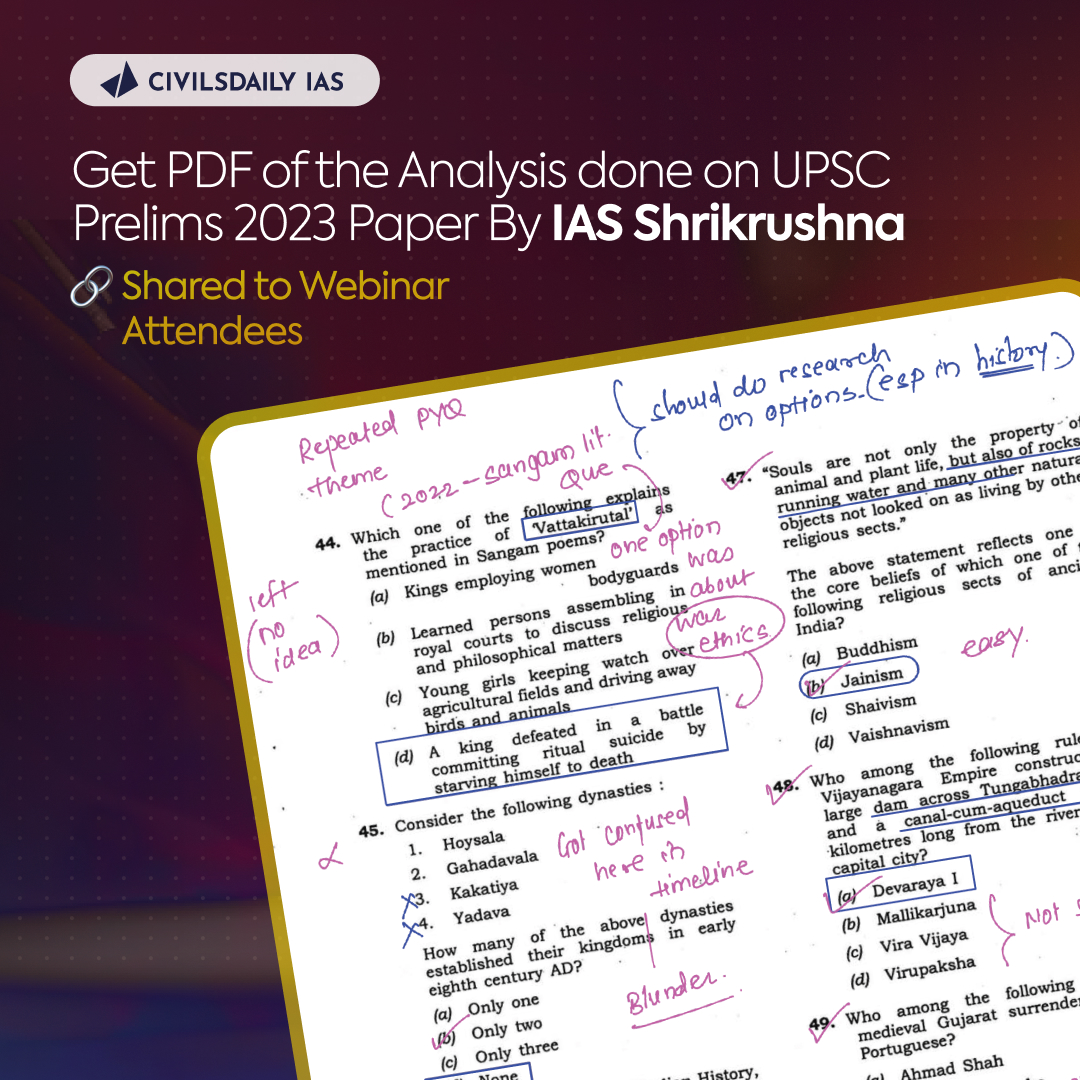Note4Students
From UPSC perspective, the following things are important :
Prelims level: Sovereign 'Guarantee'
Mains level: Not Much
Introduction
- A working group constituted by the Reserve Bank of India (RBI) has presented key recommendations to address challenges related to guarantees extended by State governments.
Understanding ‘Guarantee’
- A ‘guarantee’ involves a legal obligation for a State to make payments on behalf of a borrower, safeguarding investors/lenders from default risks.
- As defined by the Indian Contracts Act (1872), it is a contract involving three parties: the principal debtor, creditor, and surety (State government).
- The ‘guarantee’ acts as a safety net, ensuring payment in case of default by the borrower.
Purpose of ‘Guarantee’ at the State Level
- Sovereign Guarantee: Facilitates concessional loans from bilateral or multilateral agencies to public sector enterprises.
- Project Viability: Enhances project viability for activities with significant social and economic benefits.
- Resource Mobilization: Enables public sector enterprises to secure resources at favorable terms, contributing to lower interest charges.
Fiscal Risks and Working Group Recommendations
- Cash Outflows and Debt: While guarantees may not require upfront cash payments, they pose fiscal risks, leading to unanticipated cash outflows and increased debt during challenging times.
- Complex Estimation: Estimating the quantum and timing of potential costs/cash outflows is challenging due to triggers associated with guarantees.
Recommendations on ‘Guarantee’ Definition and Guidelines
- Broadened Definition: The term ‘guarantee’ should encompass all instruments creating obligations for the guarantor (State) to make future payments on behalf of the borrower.
- Guidelines for Accordance: Government guarantees should not substitute budgetary resources and should adhere to Government of India guidelines.
- Preconditions: Specify preconditions, including the period of guarantee, guarantee fee, government representation on the management board, and audit rights.
Risk Determination, Fee, and Ceiling
- Risk Weight Assignment: States should assign risk weights (high, medium, low) before extending guarantees, considering past defaults.
- Ceiling on Guarantees: A desirable ceiling for incremental guarantees during a year, limiting stress on state governments.
- Guarantee Fee Structure: Reflective of borrower’s project riskiness and activities, with a base fee of at least 2.5% per annum.
Disclosures and Honouring Commitments
- Credit Disclosure: Banks/NBFCs should disclose credit extended to State-owned entities backed by State guarantees for improved credibility.
- Database Establishment: Set up a state-level unit to track and consolidate all guarantees, ensuring proper data compilation.
- Timely Honouring: States must honor guarantees without delay, recognizing the reputational and legal risks associated with defaults.
Conclusion
- The RBI working group’s recommendations aim to fortify fiscal management by introducing standardized practices, enhancing risk assessment, and ensuring transparent disclosures.
- These measures, if implemented, can contribute to better fiscal discipline and mitigate potential risks associated with state government guarantees.
Get an IAS/IPS ranker as your 1: 1 personal mentor for UPSC 2024
